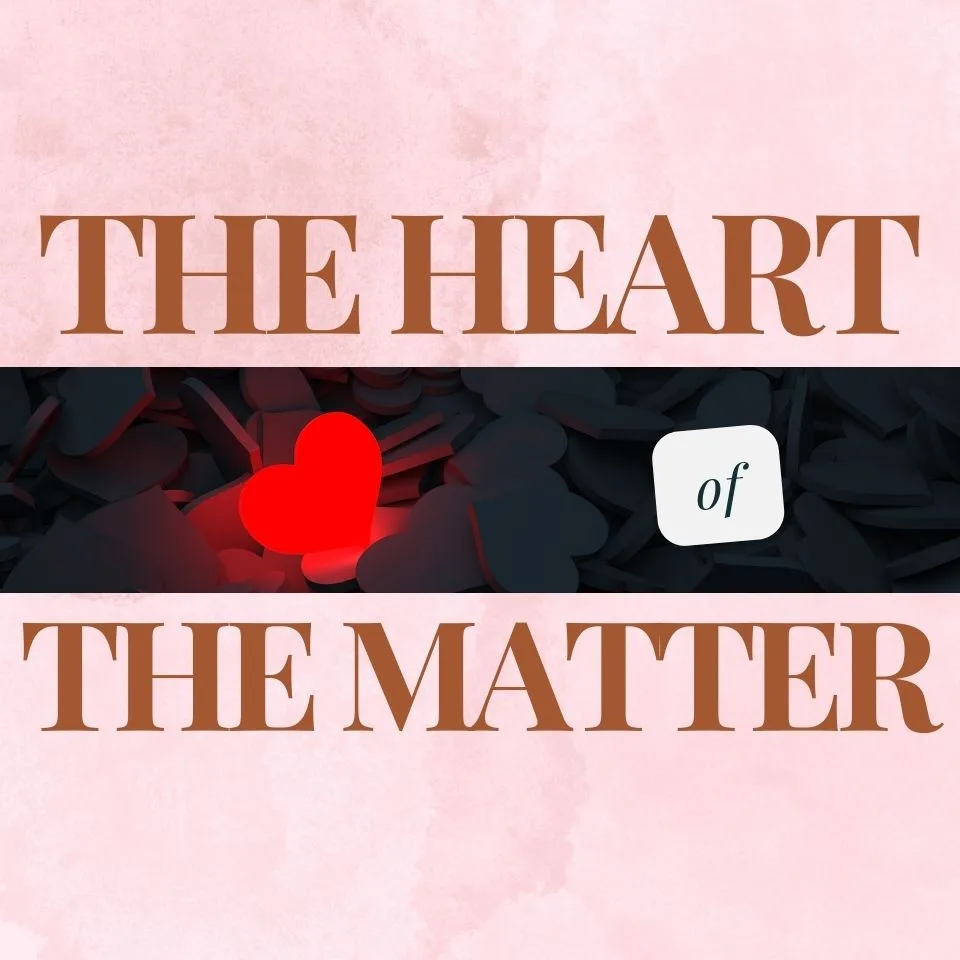Ever stumbled upon the term Emotional Intelligence or EI/EQ? It is a concept that goes beyond mere buzzwords. Emotional Intelligence is our ability to recognise and manage not just our emotions but those of others around us. This skillset guides our thinking and behaviour. It helps us adapt to various social environments.
There are numerous publications out there that have discussed EI. This article will focus on understanding and applying EI on romantic relationships. So, let’s deep dive into how Emotional Intelligence shapes our love lives, adding another layer to the rich discussions already out there.
Understanding Emotional Intelligence
Daniel Goleman, a pioneer in the EI field, introduced a model that outlines five key constructs of emotional intelligence. To simplify, we will divide these constructs into two sections: Inner Awareness and EI in Action. Mastering these can significantly enhance your personal and romantic engagements:
- Self-awareness: This is about recognising your emotions and understanding how they influence your thoughts and actions. In romantic relationships, self-awareness helps you know what you need and want. This skill is crucial for communicating your feelings and expectations to your partner. For example, recognising that you are feeling neglected may lead you to have an open discussion with your partner about spending quality time together. The other option is letting resentment build.
- Self-Regulation: This involves managing your emotions, especially in stressful situations, and adapting to changes constructively. In a romantic relationships, self-regulation helps us to handle conflicts. Imagine your partner makes a mistake or a frustrating remark. Rather than responding with immediate anger, self-regulation allows you to pause and process your emotion. Then you can respond calmly – turning a potential argument into a productive dialogue.
- Motivation: People with high EI are usually motivated by things beyond immediate self-interest. They would strive for a deeper satisfaction and usually very committed to their personal and relationship goals. The motivation can make romantic relationships more fulfilling and resilient against life’s ups and downs.
Continuing into the next sections, we will explore how these foundational aspects of EI translate into real-world actions through empathy and effective social skills in romantic relationships.
Emotional Intelligence in Action
How does emotional intelligence manifest in real-world relationships? It breaks down into these two elements:
- Empathy: Far from mere pity, empathy involves deeply understanding your partner’s perspectives and emotions. Being empathetic is the key to supporting each other through good times and bad. For example, if your partner is stressed about their job, empathy allows you to understand their need for space or encouragement. It helps them feel understood and supported.
- Social Skills: Effective relationship management depends on your ability to communicate openly and listen attentively. It is about clearly expressing your thoughts and feelings while also being able to listen and respond to your partner. This includes knowing when to offer advice, when to simply listen, and how to recognise non verbal cues that shows how your partner truly feels.
High Emotional Intelligence in Relationships
Couples with high emotional intelligence are adept at managing stress and resolving conflicts gracefully. Life isn’t always smooth sailing, but with high EI, your relationship is more likely to weather the storms. Emotional resilience and adaptability, fostered by EI, are key to enduring partnerships. These skills help couples not only survive challenging times but also grow stronger together, making each challenge a stepping stone rather than a stumbling block.

Let’s take a look at this example
Consider the case of Alex and Jordan, a couple who faced significant financial difficulties when Jordan lost their job unexpectedly. The stress of sudden financial uncertainty could have easily strained their relationship, leading to conflict and guilt tripping. However, both Alex and Jordan had developed a high level of emotional intelligence, which they leveraged to manage this challenging situation effectively.
- Self-Awareness: Alex recognized their initial feelings of fear and worry about the future. By acknowledging these emotions openly with Jordan, Alex prevented internal stress from turning into external blame.
- Empathy: Jordan, understanding Alex’s concern about their financial situation, shared their own feelings of disappointment and stress, which helped both feel that they were not alone in their struggles. This mutual understanding fostered a supportive environment, rather than one filled with blame.
- Self-Regulation: Instead of panicking, they both took time to process their emotions, which allowed them to approach the problem with a calm and clear mindset. They set aside time each week to discuss their budget and job search efforts, which helped them manage their stress and avoid overwhelming emotions.
- Social Skills: Alex and Jordan used effective communication skills to discuss their financial options, such as reducing expenses and finding temporary part-time work. Their ability to communicate openly and supportively prevented potential arguments that could have arisen from financial pressure.
- Motivation: Both were motivated not just by their immediate need to resolve their financial issues but also by their commitment to their relationship’s long-term health. This motivation helped them stay focused on constructive solutions rather than getting caught up in negative emotions.
Thanks to their high emotional intelligence, Alex and Jordan were able to navigate their financial crisis without letting it damage their relationship. They came out of the challenge stronger and more united, with a deepened trust and understanding of each other’s emotional needs.
Developing Your EI
Wondering how to enhance your EI? Luckily, emotional intelligence can be developed—it’s a skill, not a fixed trait. Here are some strategies to boost your EI, each aimed at enhancing a specific component:
- Self-Awareness: Engage in daily mindfulness practices such as meditation or journaling to better understand your emotions. This daily reflection can help you recognize patterns in your emotional responses and prepare you to handle interactions more thoughtfully.
- Emotional Regulation: Practice techniques like deep breathing, yoga, or even short walks to manage stress effectively. These methods help calm your mind and body, giving you the clarity to handle emotional situations with grace.
- Empathy: Improve your empathy by actively listening to others without judgment. Try to understand their perspective completely before responding. This practice builds deeper connections and enhances mutual understanding in your relationships.
- Social Skills: Participate in social activities that require team collaboration, or engage in role-playing exercises that challenge you to respond to various social cues. These experiences can sharpen your ability to read situations and adapt your communications effectively.
Each of these activities not only contributes to your personal growth but also enriches your interactions with others, especially in close relationships. Building your emotional intelligence is an ongoing journey that can lead to more fulfilling and harmonious connections.
Conclusion
Investing in your emotional intelligence is not just about improving yourself—it’s about enriching your relationships. Emotionally intelligent couples enjoy deeper, more resilient connections. If you have stories or tips about managing emotions in your relationships, drop a comment below or subscribe for bi-weekly insights on self-growth and emotional health.
Author: Mia
A writer and researcher who also a tech-addict and internet-junkie. Loves quirky stuff.The Haptic Room is supported by our readers. Our site may contain links to affiliate websites, and if you make a purchase through these links, we receive a commission to support our site.

